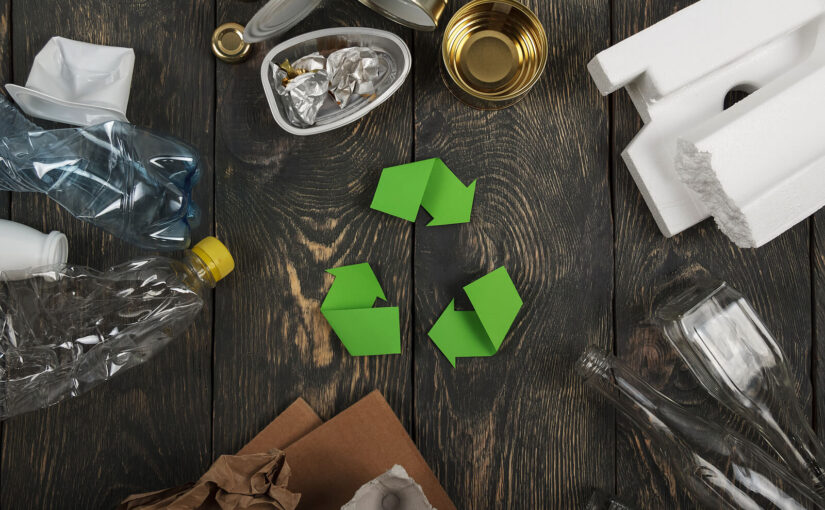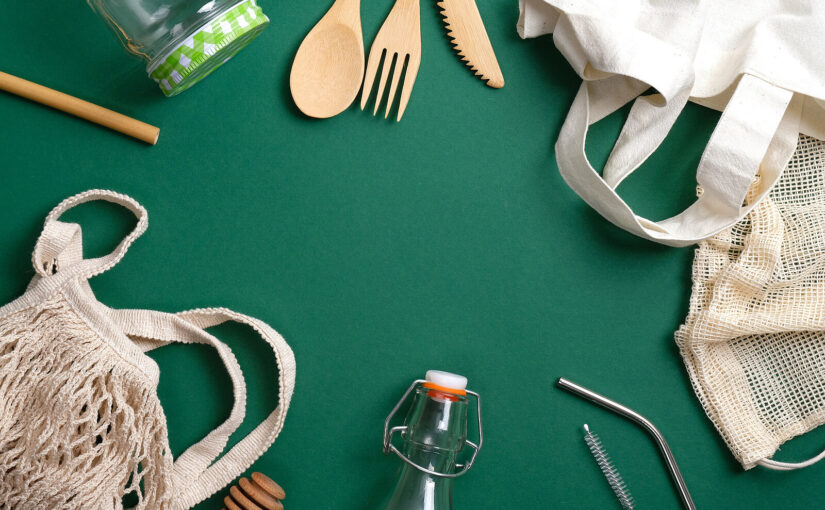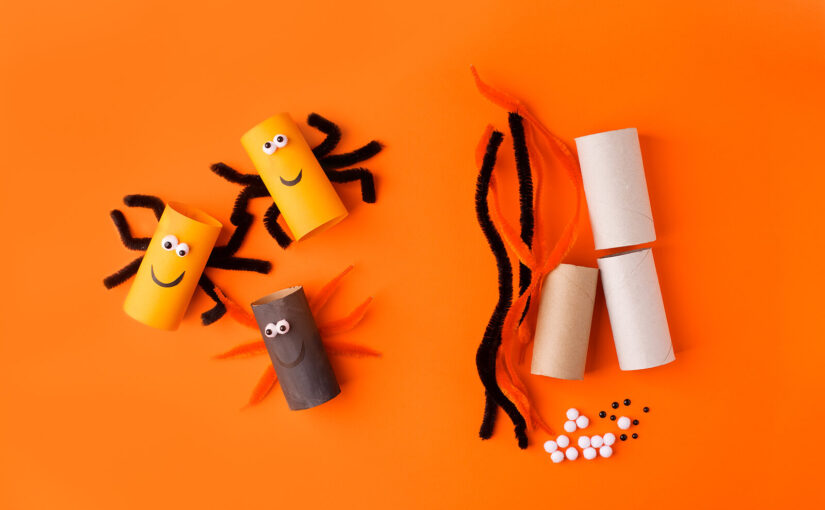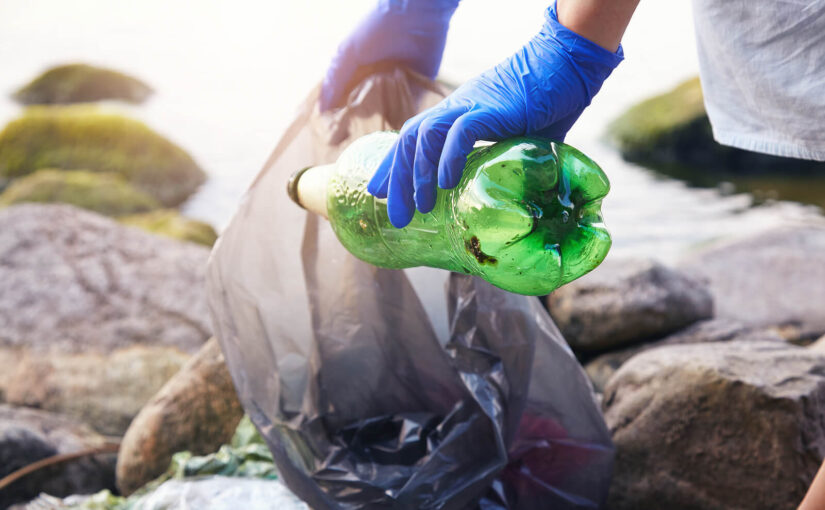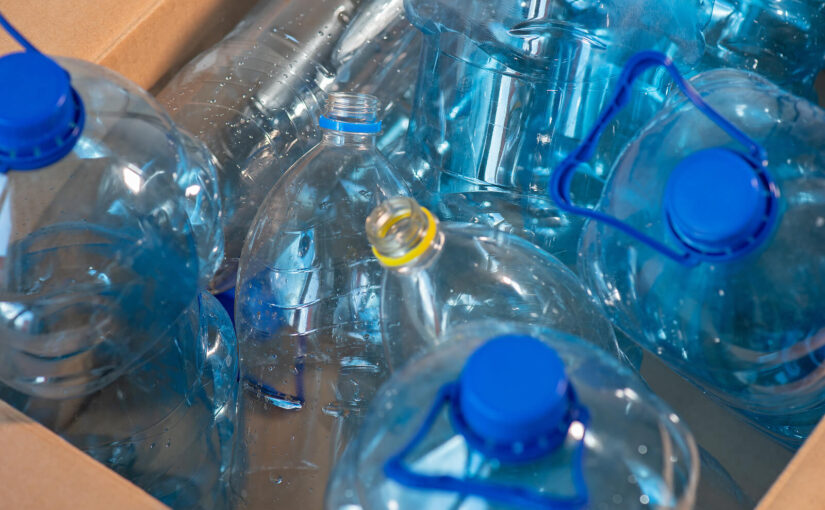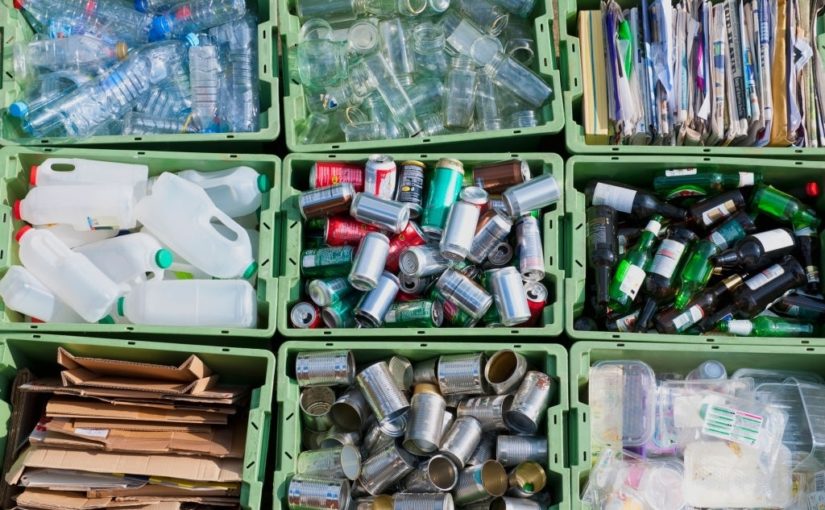Christmas is a time to prepare your home or office for new things and dispose of the old. It is crucial that there is space for new presents or items that may come your way.
You might need to clear out your house, as that’s where your COVID-19 Christmas support bubble is gathering, or maybe your work office needs a good clear out ready for the new year. Whatever the situation, now is a great time to hire a skip.
Instead of “finding space” for clutter, you can hire a skip to safely and effectively get rid of your waste in one go.
Throughout this article, we will cover why Christmas is the ideal time to hire a skip, how to effectively de-clutter an area and the importance of disposing of waste effectively.
Continue reading Benefits of hiring a skip this Christmas